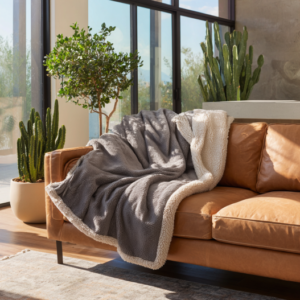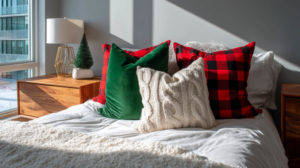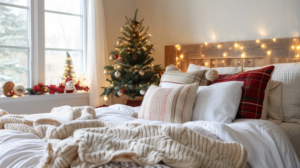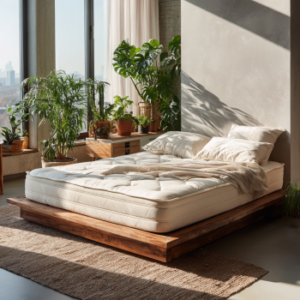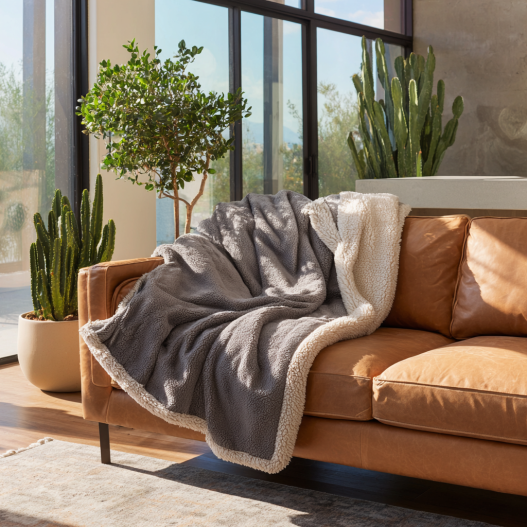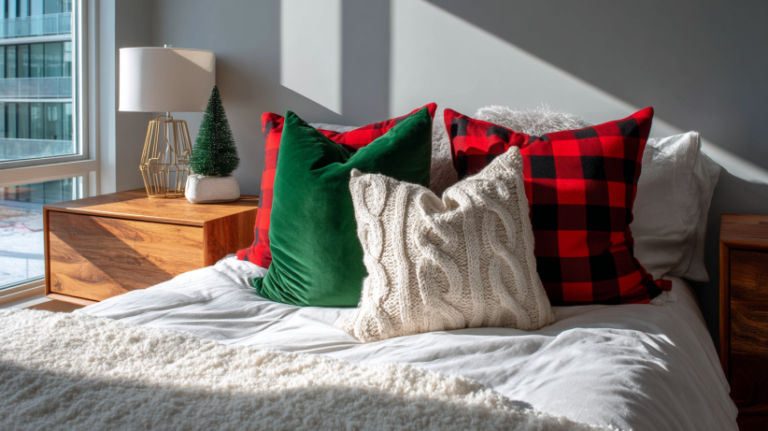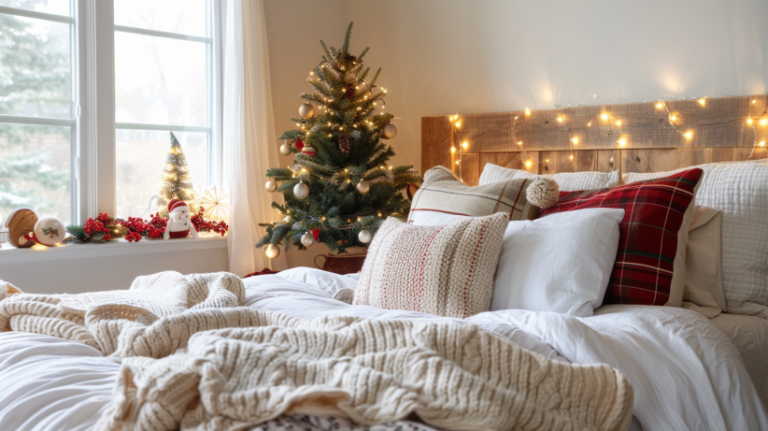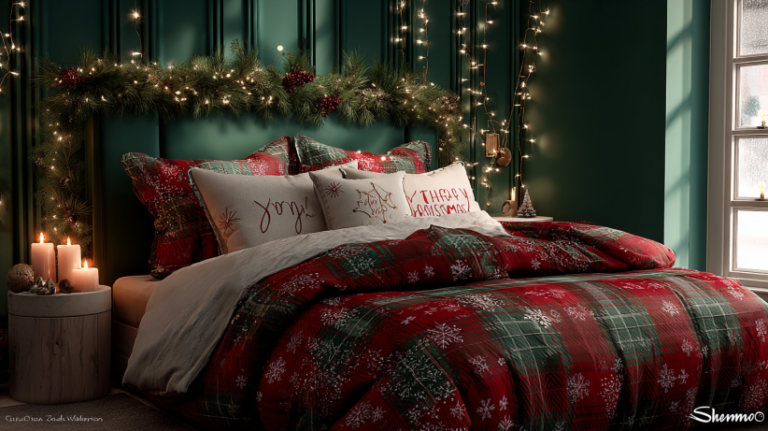Sleep Scents: How Aromatherapy Can Improve Your Sleep Quality
Sleep scents are natural aromas, like lavender or chamomile, that promote relaxation and help you fall asleep faster. By using aromatherapy in your bedroom, you can reduce stress, improve sleep quality, and create a peaceful environment perfect for rest.
Key Takeaways on Sleep Scents
- Lavender, chamomile, ylang ylang, and bergamot are top sleep scents for relaxation.
- Inhaling calming aromas can trigger serotonin and melatonin release for better rest.
- Use diffusers, sprays, bath soaks, or aromatherapy masks to enjoy sleep scents.
- Choose scents based on your mood—lavender for anxiety, bergamot for a spa-like feel.
- Pair scents with other sleep habits like keeping your room cool and screen-free.

Understanding the Connection Between Scents and Sleep
Our sense of smell is directly connected to the limbic system in the brain, which influences emotions and memories. Calming scents can trigger the release of serotonin and melatonin—two key hormones that help your body relax and prepare for sleep.
Lavender, chamomile, and other soothing fragrances have been used for centuries in aromatherapy to reduce anxiety and signal to your brain that it’s time to rest.
Popular Sleep Scents and Their Benefits
The best sleep scents work by calming the nervous system and reducing stress levels. Here are some favorites:
- Lavender: Eases anxiety, reduces stress, and improves sleep quality.
- Chamomile: Offers mild sedative effects that help the mind and body unwind.
- Ylang Ylang: Lowers heart rate and blood pressure, creating a peaceful mood.
- Bergamot: A citrus oil that relaxes the mind while promoting calmness.
How to Use Sleep Scents for Better Sleep
There are many ways to integrate aromatherapy into your bedtime routine. Try one—or a mix—of these:
- Essential Oil Diffusers: Add a few drops of oil to a diffuser to fill your room with relaxing aromas.
- Aromatherapy Sprays: Mist your pillow, sheets, or air before bedtime.
- Sleep Masks: Use masks infused with calming scents like lavender.
- Bath Soaks: Add essential oils to a warm bath for full-body relaxation.
Learn more in our guide on using essential oils for relaxation.
Choosing the Right Sleep Scent for Your Needs
Select your sleep scent based on your emotional and physical needs. Feeling anxious? Lavender and chamomile are perfect. Want a spa-like feel? Try bergamot or ylang ylang.
Be mindful of scent sensitivity—start with small amounts and adjust as needed. Read more about the psychology of bedtime for extra tips.
Creating the Ideal Sleep Environment with Scents
A great sleep environment blends comfort with aroma. Pair calming scents with habits like keeping your room cool and turning off screens early. Combine essential oils with deep breathing or meditation for an even deeper sense of calm.
FAQ
- What are sleep scents?
- Sleep scents are calming aromas, often from essential oils, that promote relaxation and better sleep.
- Do sleep scents really work?
- Yes, studies show certain scents can reduce anxiety and help trigger the body’s natural sleep signals.
- What’s the best way to use sleep scents?
- Diffusers, pillow sprays, bath soaks, and aromatherapy masks are popular ways to enjoy them.
Conclusion
Aromatherapy isn’t just for the spa—it’s a powerful tool for transforming your sleep quality right at home. By weaving sleep scents into your nightly routine, you can relax faster, sleep deeper, and wake up more refreshed. For more cozy sleep tips, visit Cozy Bed Quarters and explore even more dreamy bedtime inspiration!
Related reading from Cozy Bed Quarters
- Using Essential Oils for Relaxation
- The Psychology of Bedtime
- How Your Sleep Environment Affects Sleep Quality
Other reading we found popular
- Sleep Foundation — How Smell Affects Your Sleep
- NCCIH — Aromatherapy
- Cleveland Clinic — Essential Oils for Sleep


